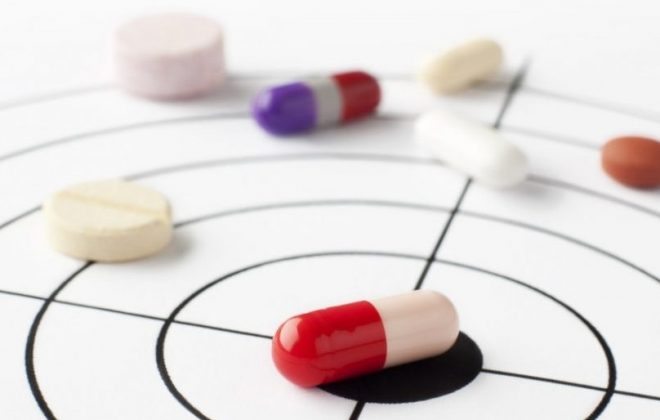Are Smart Bottles the Solution to Medication Non-Adherence?
A brief look at the cost and generated data related to smart medication bottles
By definition, adherent patients commit to a complete process of filling prescriptions, picking up the medications, taking every dose of the medication and request for a refill, until the healthcare provider suggests otherwise; However, most of the patients do not commit to this full cycle either intentionally because of an adverse side effect, cost of the medication, etc. or unintentionally due to forgetfulness.
Several stakeholders are interested to improve medication adherence, which leads to improved and positive patient’s health outcome. Healthcare providers not only want to help patients stay healthy, but they will also rank better in their network, by achieving a better patient health outcome. Additionally, healthcare payers, such as healthcare insurance companies and government, are also willing to improve the health outcome since it would result in a decline in healthcare cost per patient.
In this article, Dr. Crowe looks at the statistics for a drug sold in specialty pharmacies called Tofacitinib for treatment of autoimmune disorders. He shows that improving the adherence to Tofacitinib by 10% per patient would equate to an extra 36.5 days with medication, which means an extra $250 of profit for the pharmacy per patient. In long-term and for all patients, this means a significant profit for pharmacies. However, we should take into the account the price of current smart bottles available in the market. In order to generate profit, the price of the smart bottle should decrease.
Dollars are not the only benefit though. Smart bottles are generating valuable adherence data specific to each medication. Pharmaceuticals could use this data to better understand their medication and when a side effect would result in non-adherence or early discontinuation. Having this data would help pharmaceuticals and pharmacies to better address the problems and for pharmaceuticals to improve the drugs so that patients would be more adherent to the medication.
Click here to read more about how smart bottles could help improving medication adherence.
Related Posts
Leave a Reply Cancel reply
Categories
- Adherence (4)
- Healthcare (1)
- mHealth (2)
- Payers (2)
- Reminder Device (2)
- Smart Bottle (2)




